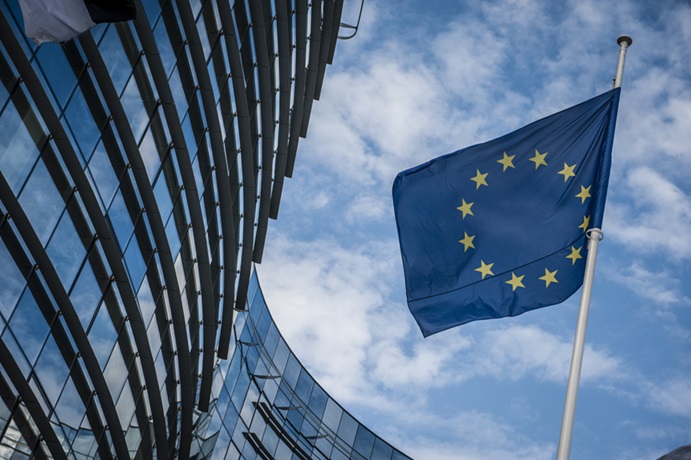In a significant move, the European Union has initiated investigations into tech giants Apple, Alphabet (Google’s parent company), and Meta (formerly Facebook) under the newly implemented Digital Markets Act (DMA). This marks the first probe under the sweeping legislation aimed at regulating large tech firms’ market practices.
The investigations target various aspects of the companies’ operations that the EU believes may be in violation of the DMA. These include Alphabet’s rules on steering in Google Play and self-preferencing on Google Search, Apple’s rules on steering in the App Store and Safari’s choice screen, and Meta’s “pay or consent model.”
One key focus of the probes is the alleged anti-steering rules imposed by Alphabet and Apple. Under the DMA, tech firms are prohibited from blocking businesses from informing users about cheaper options for their products or subscriptions outside of an app store. EU competition chief Margrethe Vestager highlighted concerns that Apple and Alphabet’s implementation of the anti-steering rules appears to contradict the law’s intent, as they still charge recurring fees and limit steering.
Apple, in particular, has already faced penalties from the EU for similar practices. Earlier this month, the company was fined 1.8 billion euros ($1.95 billion) for restricting app developers from informing iOS users about alternative and cheaper music subscription services available outside of the App Store.
Another area of investigation focuses on whether Apple has complied with DMA obligations to ensure that users can easily uninstall apps on iOS and change default settings. The EU is concerned that Apple’s measures, including the design of the web browser choice screen, may hinder users from exercising their choice of services within the Apple ecosystem.
Alphabet is also under scrutiny for its display of Google search results potentially leading to self-preferencing over rival offerings in services like Google Shopping.
Meta’s “pay and consent” model, which offers ad-free subscriptions for Facebook and Instagram in Europe, is being investigated to determine if it violates the DMA by not providing a real alternative for users who do not consent, thus potentially accumulating personal data.
The EU’s probes aim to ensure compliance with the DMA, which imposes fines of up to 10% of a company’s total worldwide turnover for infringements. The investigations are expected to conclude within 12 months, with the EU stressing that the DMA does not set a strict deadline for the inquiry’s timeline.
(Source: DW | Fortune | Reuters)









